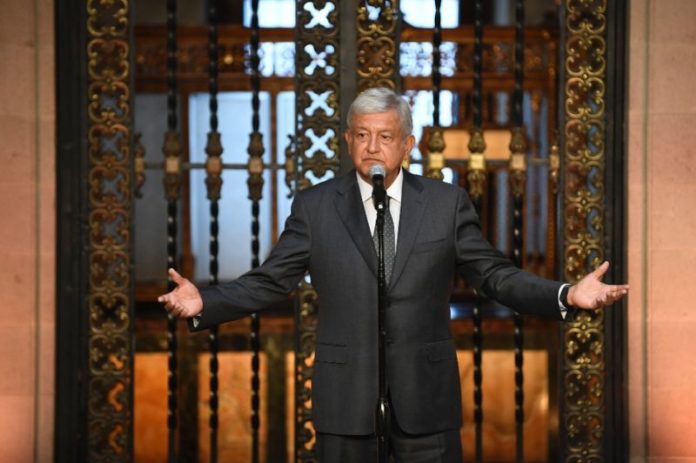PUERTO VALLARTA, Mexico, July 23, 2018 (BSS/AFP) – Latin American trade bloc the Pacific Alliance holds a summit this week in Mexico, seeking to boost the region’s economic integration in troubled times for free trade.
The bloc groups four of the region’s largest economies: Chile, Colombia, Mexico and Peru. The leaders of Brazil, Argentina and Uruguay are also attending as guests.
But one key figure who was expected to attend pulled out at the last minute: Mexican President-elect Andres Manuel Lopez Obrador, an anti-establishment leftist and free-trade skeptic.
The summit was supposed to be Lopez Obrador’s debut on the international stage ahead of his inauguration on December 1.
But the politician known as “AMLO” pulled out on Friday, saying it would not be proper to attend because electoral authorities have not yet officially declared him president-elect.
He made the announcement at a press conference in which he also railed against a recent decision by the National Electoral Institute (INE) to fine his party $10 million for fraudulently using money from a trust fund for
earthquake victims in its campaign.
Some Mexican commentators accused him of canceling his attendance to take out his anger at the INE.
Electoral authorities have until September 6 to officially certify the results of the July 1 election.
There is no doubt about Lopez Obrador’s victory. He won with over 53 percent of the vote — more than 30 points clear of his nearest rival, who immediately conceded.
– Region shifts right –
Outgoing Mexican President Enrique Pena Nieto had appeared keen to get his successor started off on the right foot with key allies at the summit, despite the fact that Lopez Obrador was a bit of an awkward fit with the pro-
trade group.
The invitation was “a good-will gesture by the Pena Nieto government” at a
time when “there is a lot of uncertainty about which way Mexican foreign
policy is going,” said Manuel Valencia, head of the international business
program at Mexico’s Monterrey Institute of Technology.
The other leaders at the summit will be Sebastian Pinera of Chile, Juan
Manuel Santos of Colombia and Martin Vizcarra of Peru, as well as guests
Michel Temer of Brazil, Mauricio Macri of Argentina and Tabare Vazquez of
Uruguay.
With the exception of Vazquez, they are all center-right, market-friendly
leaders — the faces of Latin America’s recent shift to the right.
That is a trend that Mexico, long a regional outlier, has bucked by
electing Lopez Obrador.
– Whither Mexico? –
The rest of the region is anxious to see whether the new president of
Latin America’s second-largest economy, after Brazil, will stick to his
nationalistic guns or govern with the more pragmatic, pro-business tone he
showed in the home-stretch of the campaign.
Lopez Obrador has vowed to be fiscally responsible, safeguard free
enterprise and work together with the outgoing administration to continue
renegotiating the North American Free Trade Agreement (NAFTA) with the United
States and Canada, a deal he had criticized in the past.
His change in tone has been welcome for Mexico’s Pacific Alliance
partners, whose meeting comes at a time of trouble.
US President Donald Trump’s attacks on trading partners from the European
Union to North America to China and the retaliatory measures they have
launched in return have raised the specter of global trade war.
The International Monetary Fund recently warned that trade tensions
represented “the greatest near-term threat” to the world economy and could
cut global growth half a point by 2020.
– Piquing interest –
Launched in 2012, the Pacific Alliance represents 38 percent of the Latin
American economy.
Collectively, its members are the world’s top exporter of goods ranging
from avocados to copper to lead, and are the fifth-largest recipient of
foreign direct investment.
That has drawn interest from other countries, including Australia, Canada,
New Zealand and Singapore, which are all in the process of becoming associate
members.



